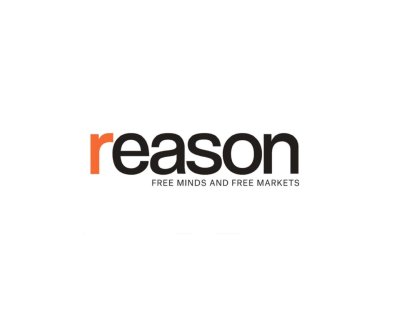Government Does as Government Is
People say government is corrupt. If it were corrupt it would be acting in ways contrary and detrimental to its purpose, and it would be possible to right the course. In truth, it acts in ways that befit its nature.
Today’s governments are states, ruling by legal coercion. There is another, unacknowledged “government” that works to govern our behavior peacefully, and it’s usually called the free market. But to states, the market whether free or otherwise is the farm from which they extract wealth and distribute it according to their perceived needs. States are plundering gangs that wouldn’t exist without something to plunder — a market. But can markets exist without states?
We might never know. States will not step aside — the set-up is far too lucrative for those in charge. So we watch as it runs off the rails in its myopic pursuit of power.
Given this arrangement, how is it possible states can maintain their grip on the minds of its captives? From the perspective of those under its thumb it is an elaborate interwoven mix of claims accepted as truths.
Let’s touch on a few.
Captives view everything government does as the fruits of democracy, as if the world around them came into being by free choice at the polls. Democracy is how people maintain their freedom, they believe — it’s their check on state power. Every Fourth of July they wave their sparklers in government’s honor, as if today’s rulers were intellectual descendants of the revolutionaries of 1776, rather than the counter-revolutionaries of 1787. Government schools have done their job.
The state watches as some of its captives shoot and rob each other, and propose that it’s only right to make it difficult for everyone to acquire guns. The thugs cheer and the crime rate goes up. And states feel uncomfortable with their captives owning guns.
Some captives try to stick the Bill of Rights in government’s face. The Bill of Rights is a tourist attraction. Who sweats a document sequestered in the National Archives? Even so, who interprets and enforces the Bill of Rights? Elected stiffs from Woodrow Wilson onward, as well as a few appointed ones, have been telling them the Constitution is alive. In other words, their rights are also living and no longer absolute.
Some captives still refer to government officials as their servants. How many politicians have the demeanor of servants? Politicians respect money and votes. Since most voters aren’t organized, it’s the politicians’ rich supporters who help pull the levers of power.
Captives believe it’s only logical that the state should have complete control of the military, police, and courts. What saints do they know personally who could be trusted with such power? And how will the state fund these various functions? Through voluntary trade on the market? Why should it mess with production and exchange when all it has to do is nudge them with a gun? The state is a monopoly of crime, a fact too shameful for them to admit.
Almost all captives complain about high taxes. But the state posts signs to assuage their grief: “Your tax dollars at work.” And it points to the military and its global presence, stirring patriotic fever. Thus, some c
Article from LewRockwell

LewRockwell.com is a libertarian website that publishes articles, essays, and blog posts advocating for minimal government, free markets, and individual liberty. The site was founded by Lew Rockwell, an American libertarian political commentator, activist, and former congressional staffer. The website often features content that is critical of mainstream politics, state intervention, and foreign policy, among other topics. It is a platform frequently used to disseminate Austrian economics, a school of economic thought that is popular among some libertarians.




